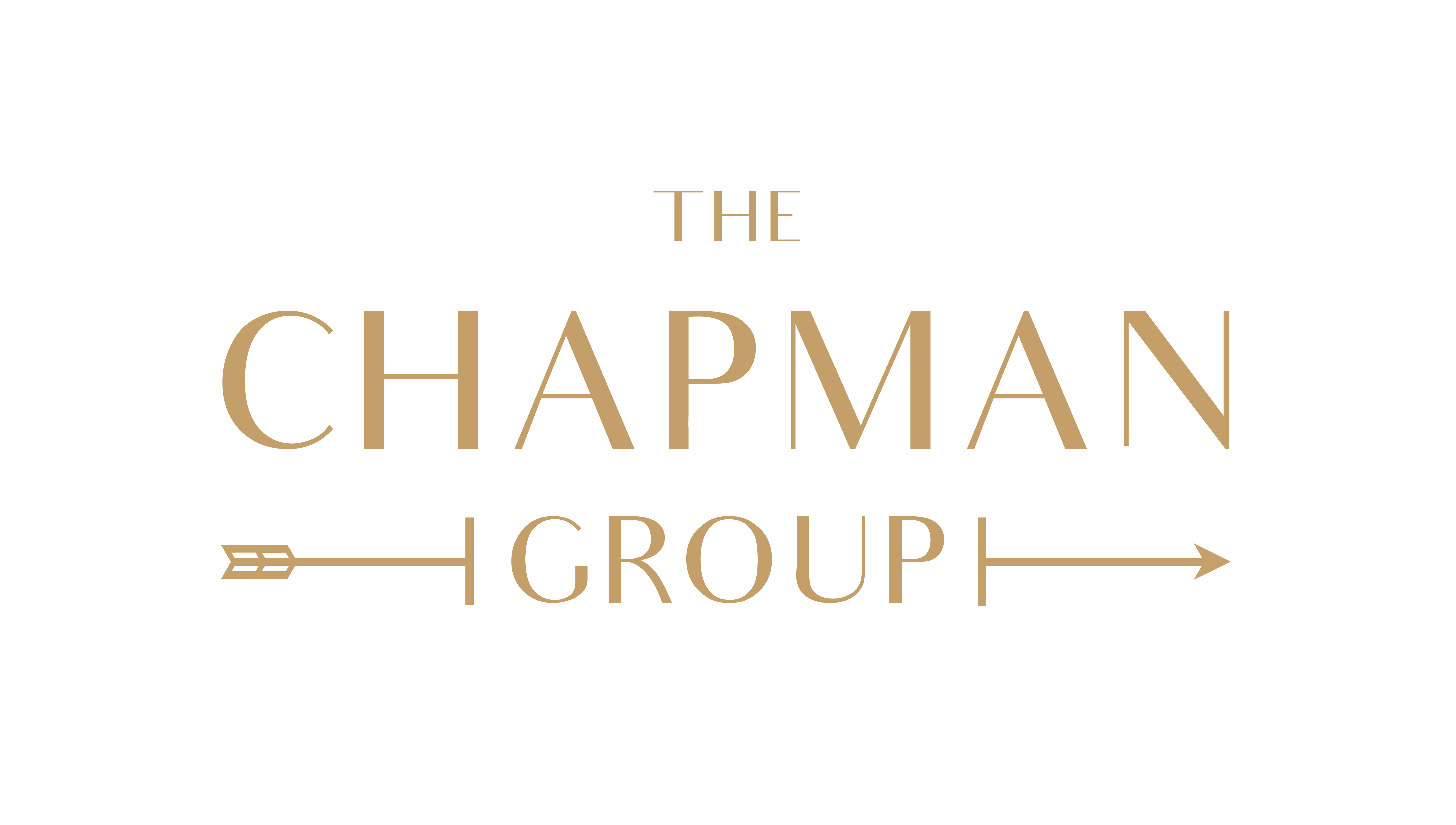Sustainable Success: How Employers Are Winning the Green Talent Race

The last few years have been nothing short of transformative for employers. With the rise of the gig economy, the shift to remote work, and evolving attitudes towards the workplace, recruiting top talent has become more competitive than ever.
Today’s job seekers are looking for more than just a good salary and benefits; they want to work for companies that prioritize sustainability and environmental responsibility.
“Our future workforce, the next generation, is uniquely aware of environmental impact and sustainable practices. This awareness is not just a trend, but a significant factor shaping their expectations and demands in the workplace,” emphasizes our president and senior consultant, Tanya Chapman.
“When employees consider the whole employee value proposition, they want a sense of purpose for themselves. They want an organization with a mission, vision, and values—a purpose they can sign up for and contribute to, not just in their spare time but also in their work time.”
But what do we mean by “sustainability” exactly? It’s a loaded term that can encompass many different practices. This is great for organizations, as it allows them to define and implement sustainability goals and practices that align with their mission and vision.
“Individuals, now more than ever before, are focused on what the organization offers in relation to sustainability, whether it’s the long-term sustainability of the environment, ethical practices or giving back to the community to ensure the long-term growth of our communities,” says Tanya. “These are factors people consider when saying yes or no to jobs.”
At first glance, some employers may see sustainability initiatives as an additional burden. However, the results speak for themselves. Meaningful sustainability practices enhance an organization’s reputation and boost team productivity and engagement, thereby positively impacting the organization’s bottom line.
“Employees who believe their organization makes a meaningful difference are generally more engaged and satisfied with their jobs. This sense of purpose can lead to higher motivation, productivity, and loyalty, reducing turnover rates and fostering a more committed and passionate workforce,” says Tanya.
Many employers are doing great things for sustainability these days. They’re earning certifications that show they’re serious about being green, and more companies are making these standards a core part of their values. Some are going paperless to cut down on waste, while others focus on ethically sourcing their products to support fair trade and eco-friendly practices. Writing sustainability reports is becoming popular for companies to share their progress and stay transparent.
The Chapman Group has worked with some incredible organizations that are doing well in sustainability. For example, Saint John Energy invests in green energy sources, and Port Saint John has also invested in reducing its greenhouse gas emissions and carbon footprint wherever possible.
Tanya recently moderated a panel at Port Saint John on this topic, where she learned more about how other companies are approaching their sustainability initiatives. More companies see the importance of collaborating with community partners when establishing sustainability programs.
“Biggest takeaway was that organizations, ports and many different kinds of employers are getting serious about sustainability and understand we have to be community partners, locally and globally, that we work better together when we engage with our Indigenous communities and involve other organizations that live and work around their business to make sure we’re working together to create communities where people want to live and work” says Tanya.
At the Chapman Group, we walk the talk. As part of our sustainability initiatives, we give 10 percent of our profits back to regional non-profits each year. We also established The Chapman Group Fund that will support the mission and vision of The Community Foundation and provide impactful community grants in Greater Saint John for years to come, creating meaningful change and contributing to a better future for all in our community.
With so many possibilities, it may be difficult to determine how your organization should establish its own sustainability best practices. Tanya recommends first looking at what your organization is currently doing and getting educated!
“Audit what you are currently doing as an employer,” she says. “Have someone come in to talk about it, get educated about it, and understand the practices you are currently using that support sustainable practices.”
From there, you should:
- Create a plan, set clear and achievable goals
- Engage and educate employees
- Provide training and resources to help them understand the importance of sustainability and how they can contribute.
- Encourage innovative ideas and feedback from employees
- Consider forming a sustainability committee to champion and oversee these efforts.
Finally, you must realize that change and implementation will take time.
“Understand it’s not going to happen overnight,” says Tanya. “Change takes time.”
Looking for more help with employee engagement, retention, and recruitment? Check out our services and latest course offerings.
